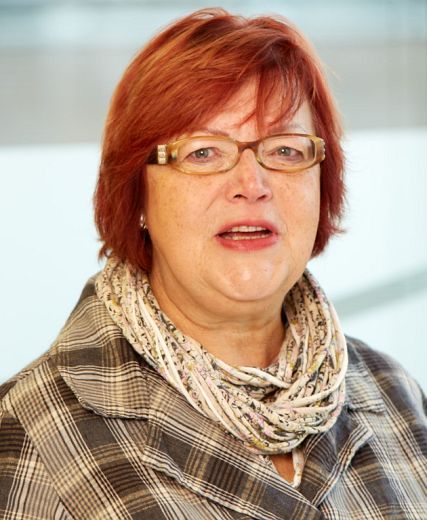 With thanks to Richard Bunting.
With thanks to Richard Bunting.
Transforming how money is used for social good – and to create a fairer society across Scotland – will be in the spotlight in Edinburgh next month, at the country’s first conference focused on social finance.
John Swinney, Deputy First Minister of the Scottish Government, will open the event at Edinburgh’s Roxburghe Hotel on Thursday 19 November, and a range of international experts will be speaking on social finance, investment and banking.
Delegates will hear how social finance can achieve major benefits for society, the environment and people’s wellbeing.
The conference – ‘Social Finance: Social Investment: Social Banking – What makes them Social?’ – is being hosted by Scottish Community Re: Investment Trust, an independent charity working to influence, inform and assist the Scottish third sector to align its financial resources and planning with its aspirations for a more social and environmentally just Scotland.
Deirdre Forsyth, Chair of Scottish Community Re: Investment Trust, said:
“This pioneering conference will explore how Scotland’s third sector – which makes such a vital, positive difference to Scottish society – can enhance its social impact through more sustainable, collaborative and socially responsible use of its money.”
Workshops and discussions will include crowdfunding campaigns, community shares, social banks and more.
Speakers include Eric Holterhues, Head of SRI Funds at Triodos Investment Management BV in The Netherlands; Rod Ashley, Chief Executive at Scotland’s Airdrie Savings Bank; Adrian Saches, Client Executive at GLS Social Bank in Germany; Dan Gregory, Blogger at Common Capital; and Peter Quarmby, Founding Director of Community Sector Banking in Australia.
The event is part of Scottish Community Re: Investment Trust’s ambition to transform Scotland’s third sector finances. The trust says that the sector lacks a financial framework suited to its values and ways of working – with challenges including scattered resources, unsuitable financial products, and a lack of Scottish-focused banks offering a transparent way to invest ethically.
For details of ticket prices and to book in advance, please see www.scrt.scot.
Principle sponsor of the conference is Airdrie Savings Bank (https://airdriesavingsbank.com). Other sponsors include Highlands and Islands Enterprise and Zero Waste Scotland.
Rod Ashley said:
“Airdrie Savings Bank is delighted to sponsor this conference. We are a not for profit community bank with no shareholders, governed by a Board made up, principally, of unremunerated Trustees. All returns are for the communities and customers we serve. The bank is committed to social justice within a sustainable economy and is pioneering Scotland’s engagement in banking which considers its environmental, cultural and social impact.”
- Comments enabled – see comments box below. Note, all comments will be moderated.
“Scotland’s third sector, which does huge amounts of public good, desperately needs access to a financial infrastructure that matches its values and ways of working. For charities and socially beneficial organisations, the current financial system is broken beyond repair – leaving them hampered by scattered resources, unsuitable products and unmet needs,” said Deirdre Forsyth, Chair of Scottish Community Re:Investment Trust.”
I agree with the aims of SCRT but I don’t know of any other source of finance apart from the current financial system.
The financial system is broken beyond repair but there is no analysis on the SCRT site to explain this situation that affects all of us.
Look for the source of the problem and therein lies the solution. “Follow the money” supply to its source and you find the problem.
As detailed in The Bank of England Quarterly Bulletin Q1 2014 (website and videos), Topical article “Money Creation in the Modern Economy: An Introduction,” 97% of our money is now created in the form of loans by banking corporations and 3% as cash.
Every loan and mortgage means the creation of new money by the bank as bank credit (IOU).
Deposits do not create loans. Loans create deposits. Sounds mad but it’s true.
We have a private-for-profit money system which is fundamentally flawed because the interest demanded must also come from the same source, thus demanding even more interest.
That is why the National Debt has to go up. Taxes the same.
It doesn’t have to be like this. It’s a man-made system not a rule of nature.
The money reform group Positive Money is lobbying for a Commission on Money Creation to investigate the real problem instead of tinkering with regulation.